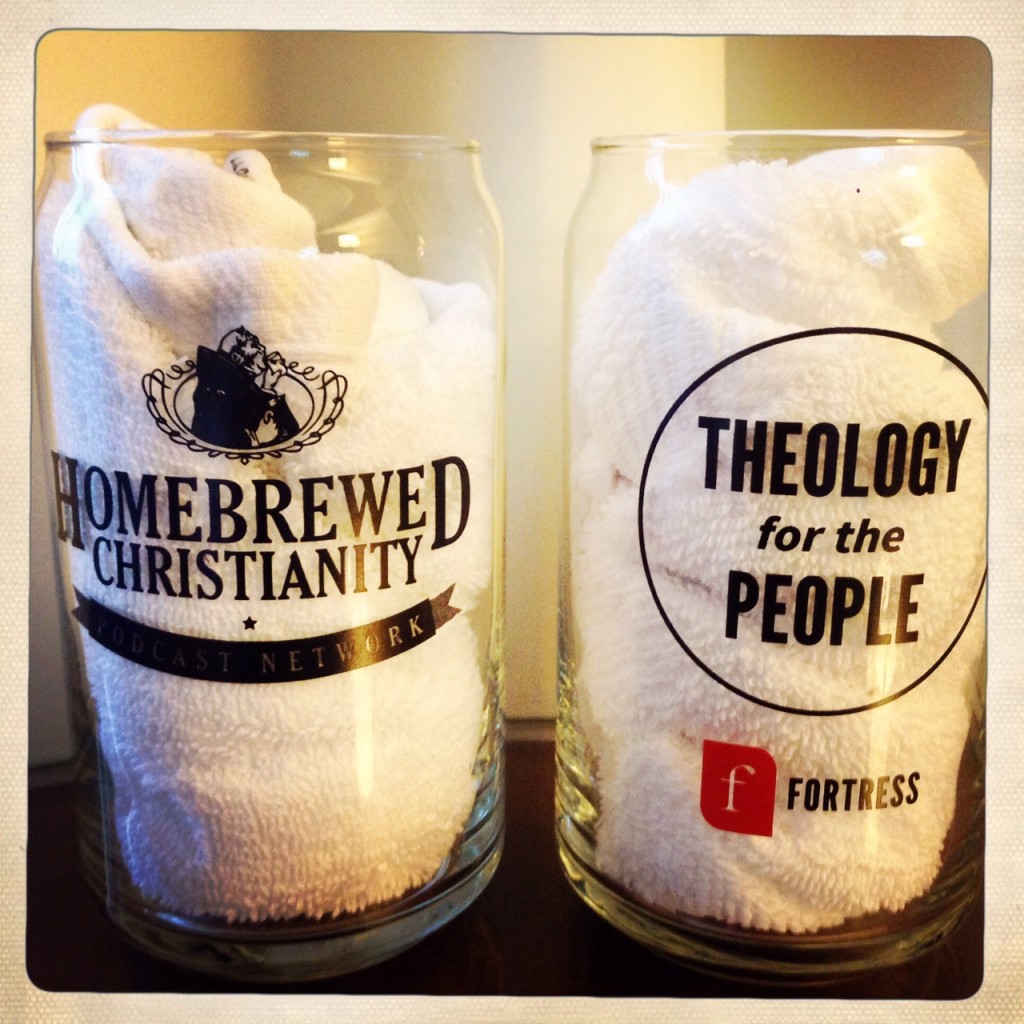Here’s a guest post by Adam C. English, writing about the list we concocted last weekend.
I’m glad Tony took a picture and memorialized the half-baked list that he, Andrew Tatum, Lyle SmithGraybreal, Bethany Stolle and I came up with: the 25 most essential of all the books in Christendom. We brainstormed the titles around a low table late on the first night of the National Youth Workers Convention. Anything was possible. Suggestions flew around from all over, from the people I just mentioned and others I’d never seen in my life.
Here is one thing I never tire of learning: Christians share a common heritage. When you meet a fellow believer on the wind-swept road of life, you instantly have something to talk about. You share a faith, a language, a memory and a hope. About five years ago I went on a mission trip to the Dominican Republic and got to spend the afternoon at a local seminary. The ministry students gathered in a humble concrete building. I had never met any of these people before, had no shared experiences with them, and barely understood the language – but within five minutes of introductions we were in deep conversation about Karl Barth.
Irenaeus, one of the early church fathers on the list, has this to say:
“For the Churches which have been planted in Germany do not believe or hand down anything different, nor do those in Spain, nor those in Gaul, nor those in the East, nor those in Egypt, nor those in Libya, nor those which have been established in the central regions of the world. But as the sun, that creature of God, is one and the same throughout the whole world, so also the preaching of the truth shineth everywhere, and enlightens all men that are willing to come to a knowledge of the truth.”
These 25 books randomly scribbled down are part of a heritage shared by all Christians. More than pieces of our past, though, they are lively conversation partners. Fourth-century Egyptians and twentieth century Germans have something to say to us today. They read the same Scriptures and prayed to the same God as we do, so their voices still count.
I can’t tell you for sure what makes a “Christian classic.” You’ll know it when you see it – it will electrify you. It might frustrate you or perplex you, but it will change you. It will rearrange the furniture of your mind, help you understand the Scriptures in a new way, and even make you see God in a new light. Dip into any one on this list – Howard Thurman, Origen, Kierkegaard, Lady Julian of Norwich – and see for yourself.
When you feel bold enough, I suppose, you can post your own list. What I’m learning is that reading one book leads to another, which must be understood in light of this book which opens the door to that book. And so on. It might be an endless labyrinth or maze of readings, but I prefer to think of it as a wide garden of fruits and vegetables, all good for you and all delicious. Unless, of course, you don’t like fruits and vegetables, then go back to thinking of it as a maze.











